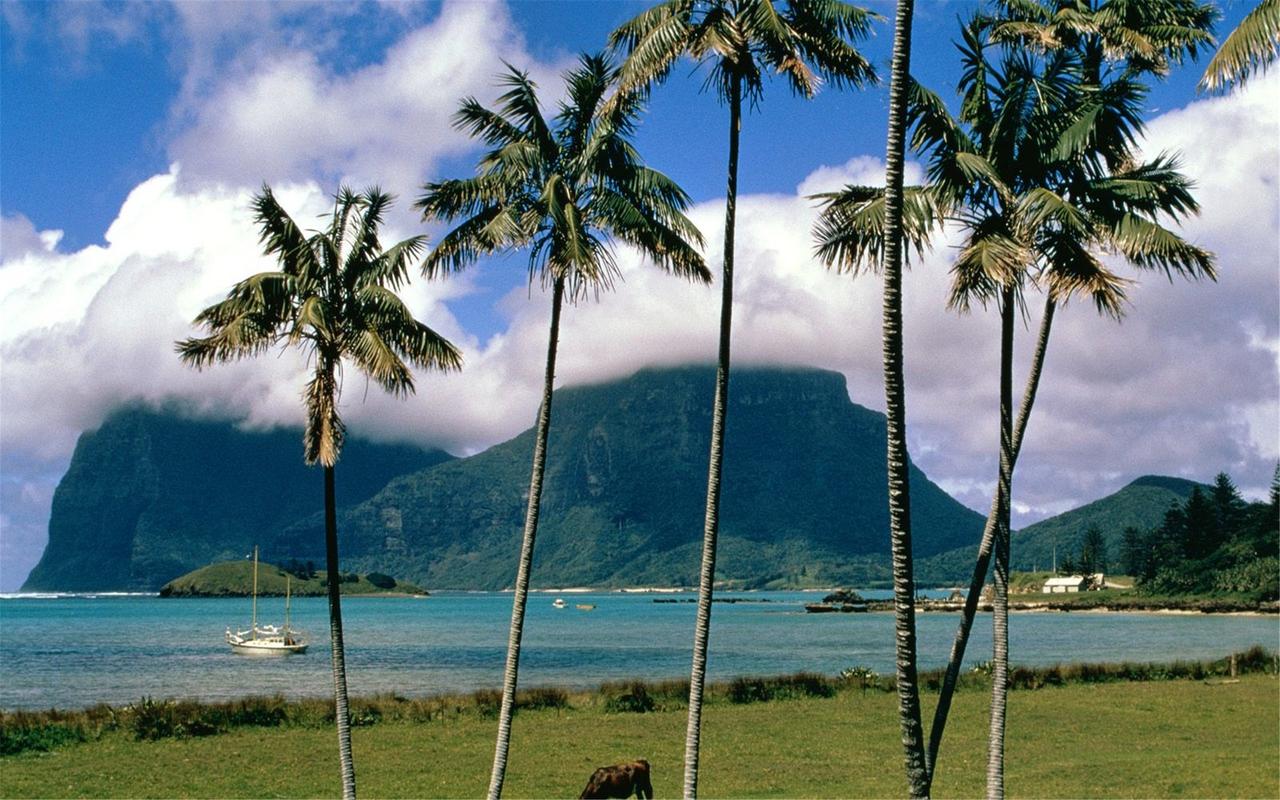In today’s society, we are blessed with a wide range of cultures that enrich our daily lives. Tourism, in particular, gives us the opportunity to explore the diversity of cultures and gain a better understanding of one another, break down barriers and build a more connected and united world.
Geography plays a significant role in shaping tourism, with different regions and countries offering unique experiences that allow visitors to immerse themselves in diverse cultures. Exploring the cultural diversity of global tourism from a geography perspective can help us appreciate the beauty that lies in cultural differences.
One of the most remarkable aspects of exploring culture through tourism is observing the ways in which various cultures intersect. A prime example of this is the impact of colonialism on global tourism. Countries that were once considered colonies, such as India, South Africa or Kenya offer visitors the chance to experience a blend of cultures unlike anything else in the world. The European, Asian and African heritage in these nations results in complex and unique cultural identities that continue to captivate and enlighten travelers.
In addition to colonization, global tourism is shaped by cultural practices such as music, art, cuisine, history and religion. To illustrate this point, we can take music as an example. Latin American countries, for instance, have a rich and diverse music scene with each country having its distinct sound and style, from Tango in Argentina to Salsa in Cuba. Travelers can immerse themselves and learn about the different musical traditions, instruments, and styles prevalent across these different regions.
Cuisine is another essential aspect of culture, and it can be fascinating to see the differences in food as we travel. France, for example, has earned a reputation as the culinary capital of the world, with its famous dishes such as escargot and coq au vin. Meanwhile, Japanese cuisine has become a popular favorite worldwide, with its delicious sushi, sashimi and ramen. Sampling traditional dishes and learning about the ingredients and cooking process offers a unique insight into the culture and traditions of a particular country.
It is worth noting that exploring cultural diversity through tourism isn’t just limited to visiting different countries. Big cities within each country often offer an eclectic mix of cultures that is unique to them. New York City, for example, is a melting pot of cultures, with people from all over the world living together and influencing one another, creating a colorful fabric of the city’s identity.
In conclusion, exploring the cultural diversity of global tourism from a geographic perspective offers us a chance to connect with people from different backgrounds, gain a better appreciation for their rich heritage, and develop a deeper understanding of the complexities of the world around us. As we travel, we expose ourselves to a multitude of unique experiences that enrich our lives and broaden our horizons. By embracing cultural diversity, we foster a more inclusive and tolerant world, one that celebrates the differences that make us who we are.
(Note: Do you have knowledge or insights to share? Unlock new opportunities and expand your reach by joining our authors team. Click Registration to join us and share your expertise with our readers.)
Speech tips:
Please note that any statements involving politics will not be approved.
